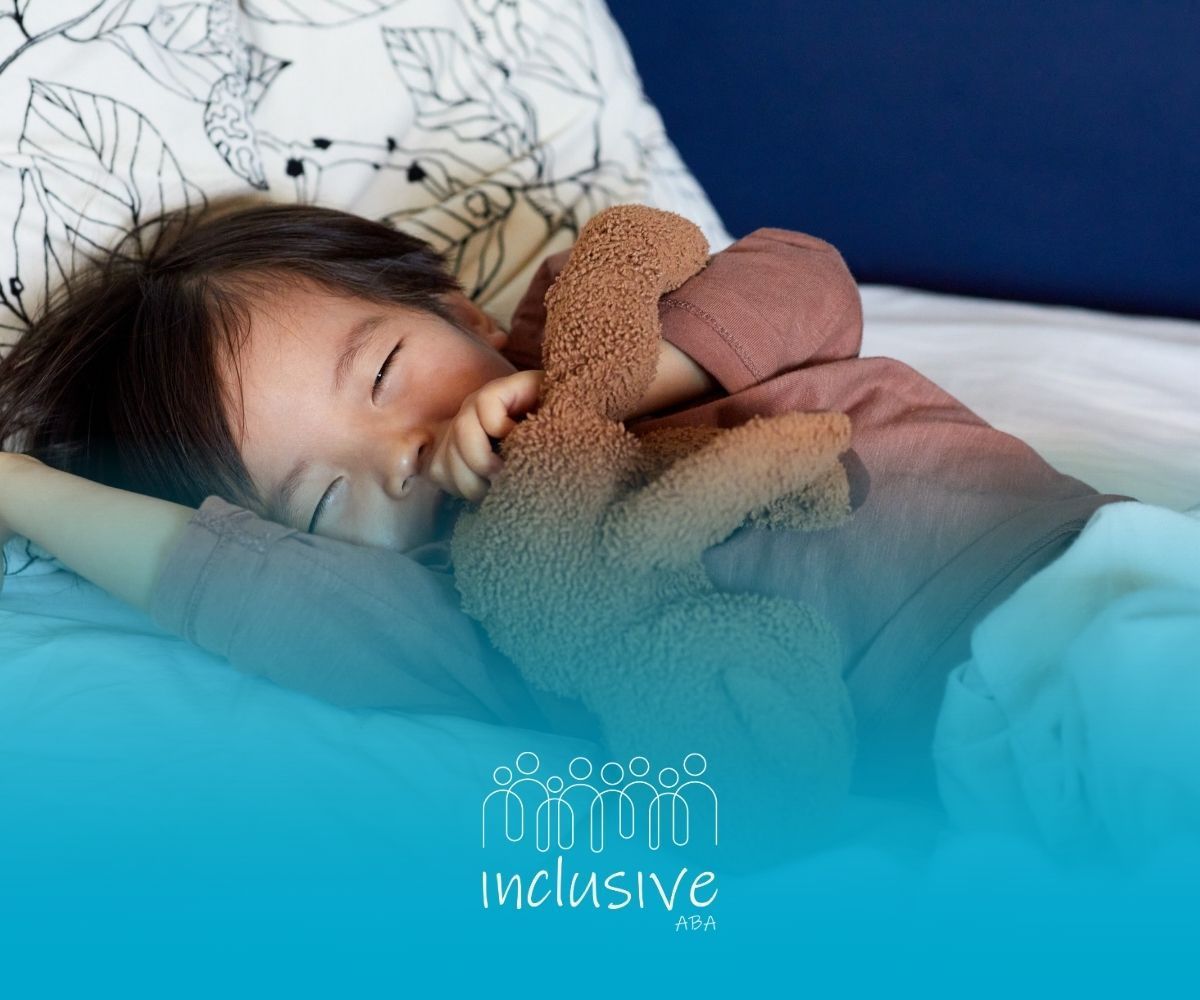The Hidden Reason Children with Autism Avoid Eye Contact
Children with autism often avoid eye contact—not because they’re rude, but because it can be overwhelming, distracting, or even physically uncomfortable. Many find it easier to process words without the extra sensory load eyes add.
1. Sensory Overload & Brain Response
According to the “eye avoidance hypothesis,” direct eye contact can hyper-activate the amygdala—the brain’s alert system—making it feel threatening or overwhelming. A Scientific Reports study confirmed that sensory sensitivity is directly linked to avoiding eye contact.
2. Lower Social Cue Salience
Research shows eye gaze and autistic traits are inversely related: children with stronger autistic traits tend to make less eye contact—especially when speaking. They often rely on listening rather than face-watching, because facial cues feel less meaningful or are harder to interpret.
3. It’s Unconscious & Automatic
Eye avoidance isn’t always a choice. Studies have found that children with autism unconsciously prefer not to look at eyes, even without realizing it.
The Double-Empathy Lens
Instead of viewing avoidance as “lack,” the double empathy problem reminds us that communication mismatches go both ways: autistic children and neurotypical adults simply “speak” different nonverbal languages.
When adults adapt their style—mirror gestures, soften tone—children respond with more comfort and connection.
Avoiding eye contact is a natural coping method—not defiance. Patience, reduced sensory demands, and mutual understanding go a long way. Rather than forcing the gaze, focus on building connection in ways that feel comfortable.
If you're in Nevada, Nebraska, Colorado, Utah, Iowa, or Ohio, Inclusive ABA offers compassionate ABA services tailored to support each child’s comfort and growth. Their expert team creates sensory-sensitive, relationship-focused plans that honor individual communication styles.
Discover how Inclusive ABA can help your child thrive—reach out to them today!
Looking for Expert Help? We're Here for You!
Our compassionate and skilled team is devoted to enhancing your child's development through customized ABA therapy. Let us partner with you to create a supportive environment for your child's success.
Discover how we can help your family thrive with expert ABA therapy.
Related Posts







